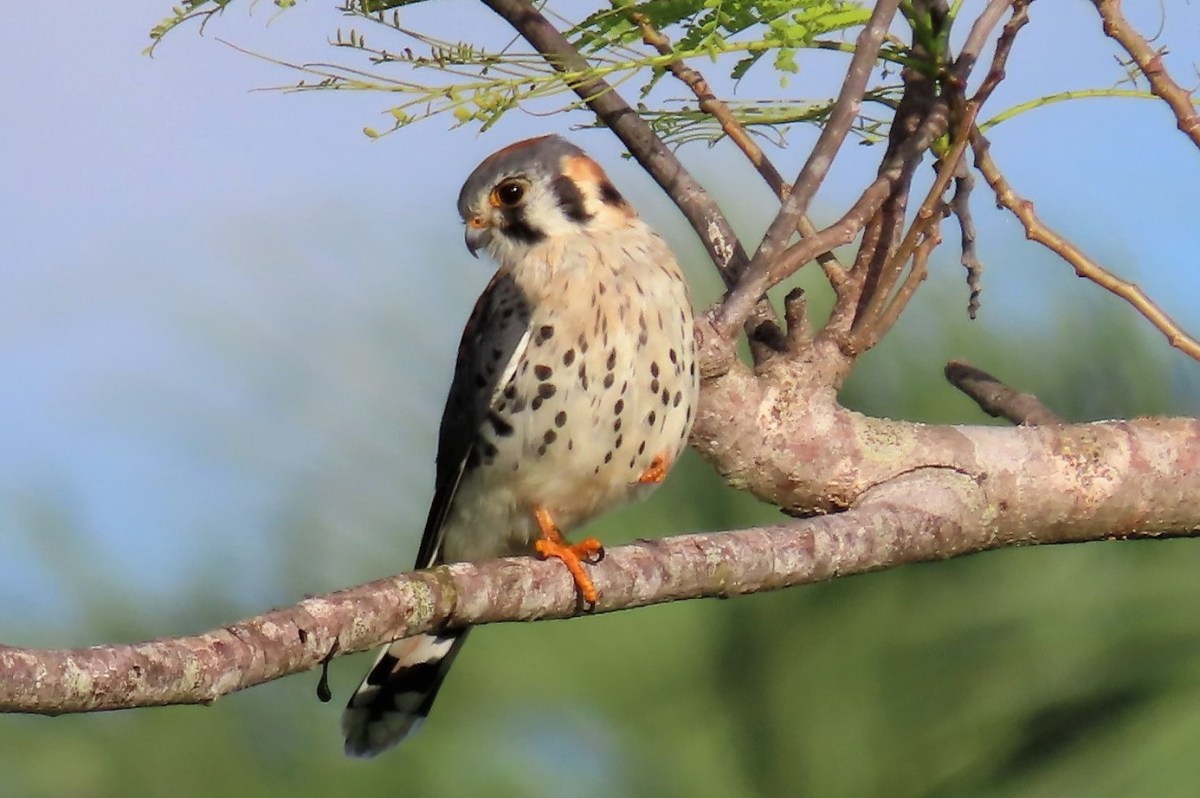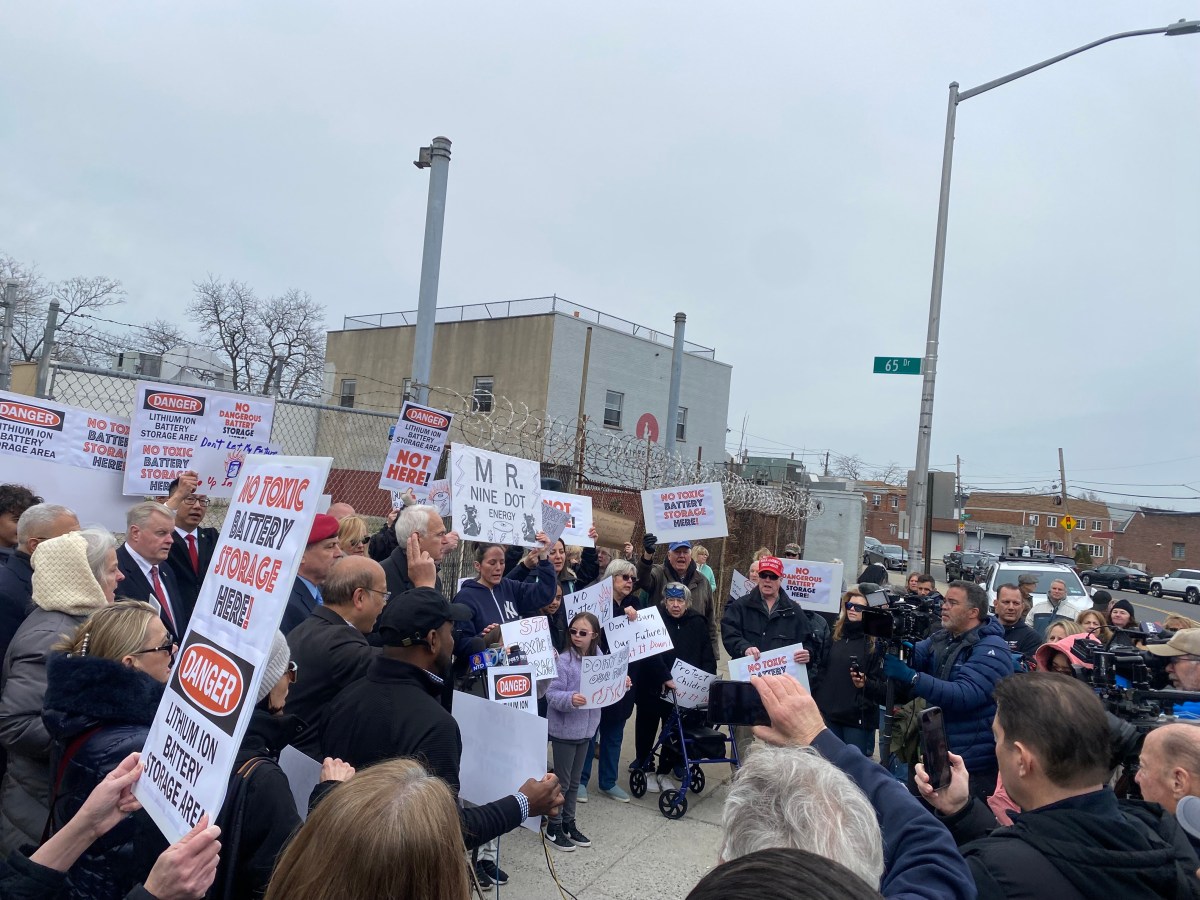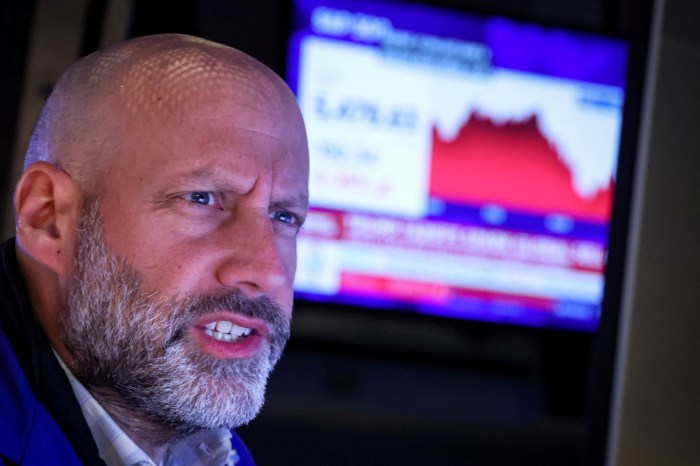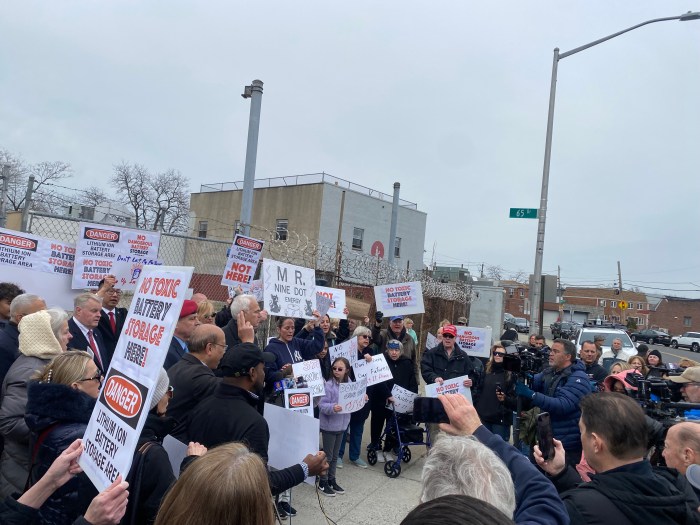NYC Audubon, a nonprofit dedicated to protecting birds and nature, officially changed its name Thursday — citing its namesake’s history of views and actions that the organization described as harmful to Black and Indigenous people.
The local chapter of the National Audubon Society voted last year to change its name and distance itself from Audubon’s dark past. As of June 6, the chapter is now known as the NYC Bird Alliance.
John James Audubon, who was born in Haiti and lived 1785 to 1851, was a naturalist, artist and pioneering researcher in the world of ornithology — the study of birds. But, he also bought and sold enslaved people, and wrote critically of emancipation, according to the National Audubon Society.
“Today marks a significant moment in our organization’s history,” said Jessica Wilson, the organization’s executive director. “Our new name, NYC Bird Alliance, better encapsulates our mission to protect birds and their habitats while making the city healthier for all New Yorkers, both birds and people. This change will help us broaden our reach and deepen our impact across the diverse communities of New York City.”
Throughout 2022 into 2023, the nonprofit’s board of directors assessed the “Audubon” name and ultimately concluded in March 2023 that the name was a “barrier to its strategic goals, mission, and values.”
Group members, partners and volunteers suggested a total of more than 1,000 possible new names before the board narrowed it down to one.
But the organization did acknowledge that Audubon’s contributions to art and ornithology were significant, despite the views he held and actions he took that today could serve as a barrier between people who might otherwise become involved in protecting bird species.
The National Audubon Society, while it recognizes Audubon’s ties to slavery, decided in March 2023 to retain its name after a year-long deliberation.
“We are at a pivotal moment as an organization and as a conservation movement,” said Elizabeth Gray, CEO of the National Audubon Society. “The urgency of our climate and biodiversity crises compels us to marshal our resources toward the areas of greatest impact for birds and people. This means centering equity, diversity, inclusion, and belonging values into our programmatic work, as well as our internal operations, and implementing our new five-year Strategic Plan. Regardless of the name we use, this organization must and will address the inequalities and injustices that have historically existed within the conservation movement. I am confident that, like birds, the Audubon of tomorrow can be a powerful unifier and force for conservation.”
The National Audubon Society was founded in 1905, 54 years after Audubon’s death. The NYC chapter was founded in 1979.
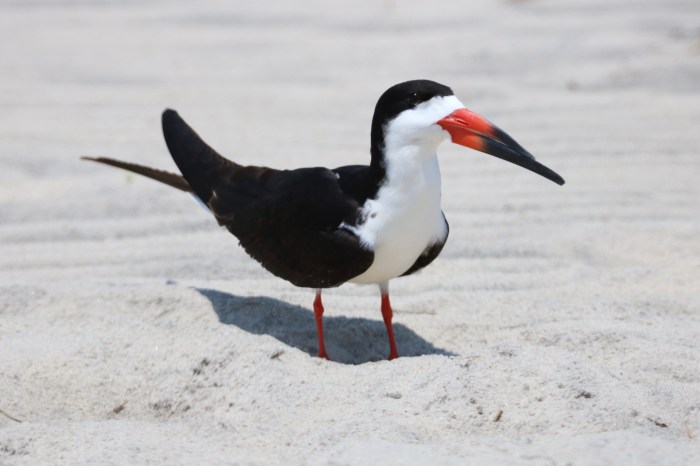
NYC Bird Alliance: Protecting local and migratory species
The name change to NYC Bird Alliance is just one of several actions the nonprofit is taking to focus on equity, diversity, inclusion and accessibility throughout its programs.
For example, the alliance conducts guided bird outings in public housing developments in partnership with the Public Housing Community Fund.
Other inclusivity efforts include the publication of the city’s first Spanish-English field guide to birds and expanding access to green space by creating green roofs that provide many environmental benefits, including habitats for birds.
“The name NYC Bird Alliance speaks to the unity and collaboration we strive for in our conservation efforts,” said Christian Cooper, board vice president. “It’s a name that resonates with the diversity of our city and resonates across the country, as bird lovers and conservationists embrace the shared Bird Alliance name.”
NYC Bird Alliance conservation efforts focus on making the urban landscape safer for migratory and nesting birds. The group has passed laws that require the use of bird-safe glass and reduce artificial light at night, protecting water birds that depend on coastal habitat, and preserving the islands of New York Harbor.
Read More: https://www.amny.com/news/



